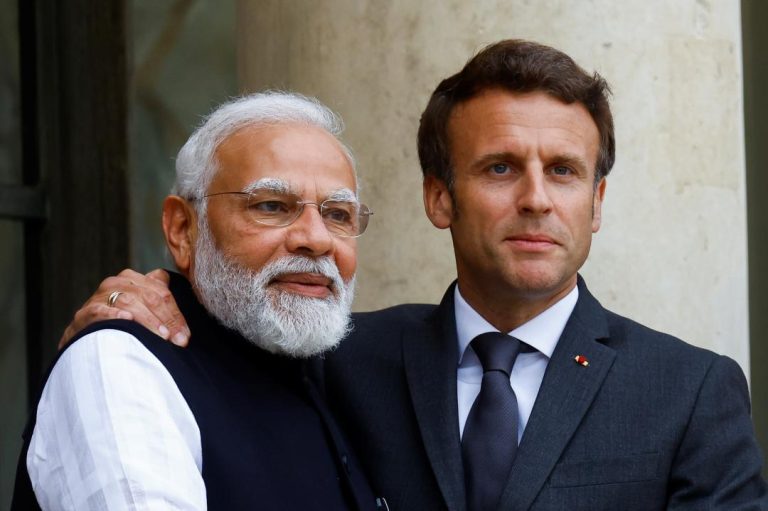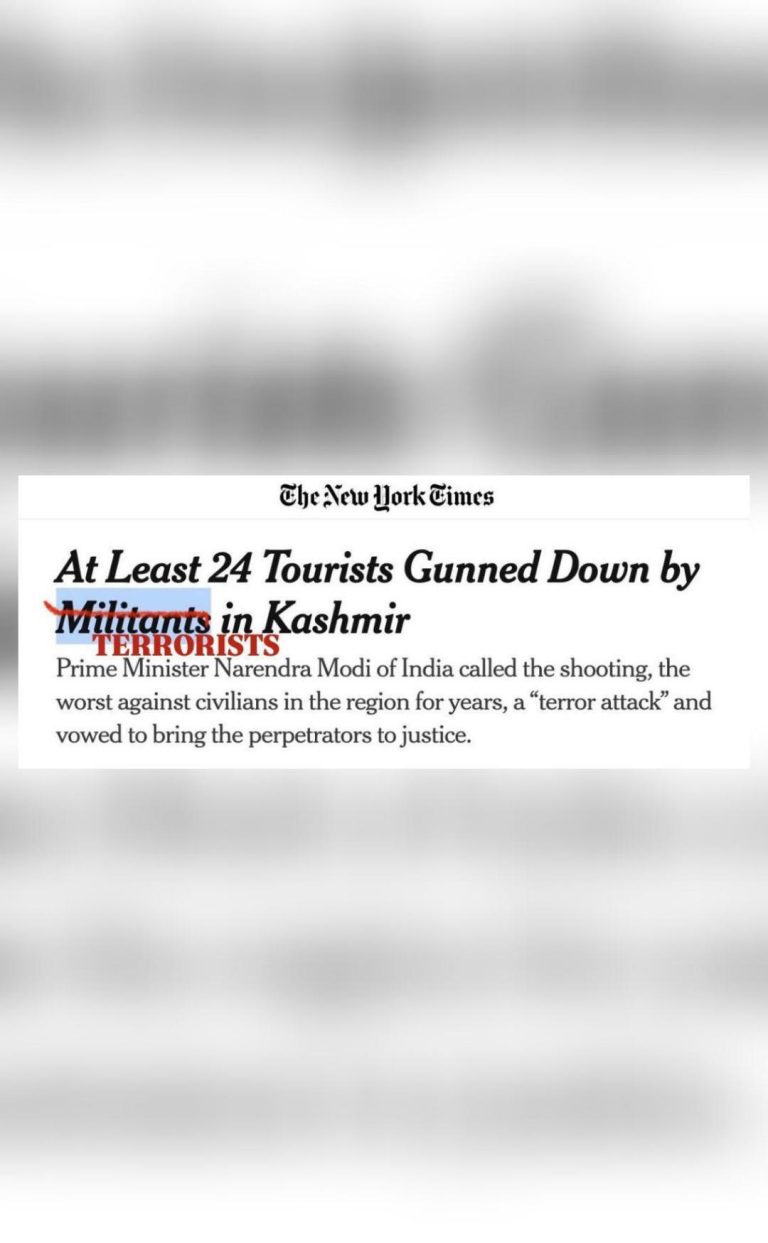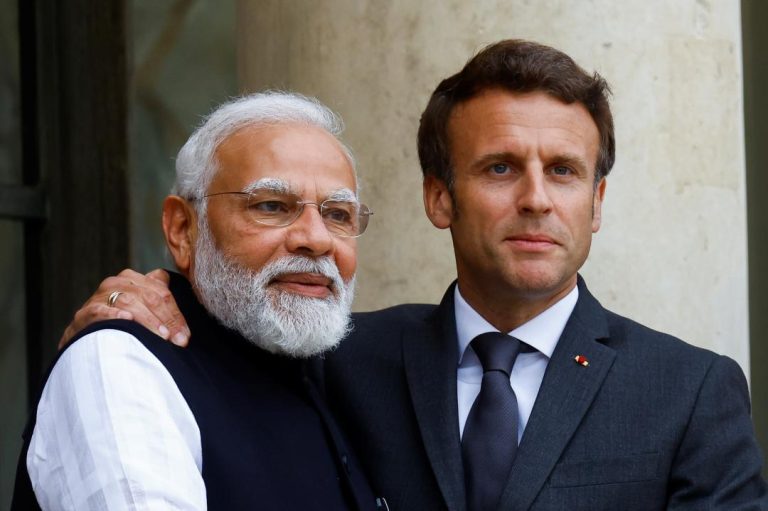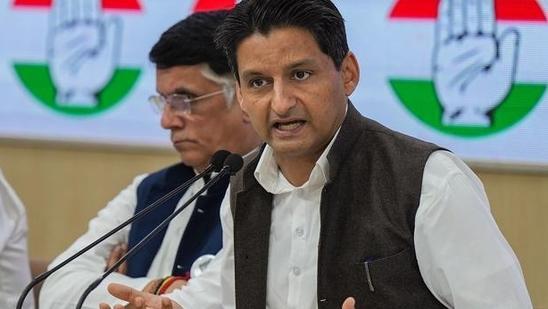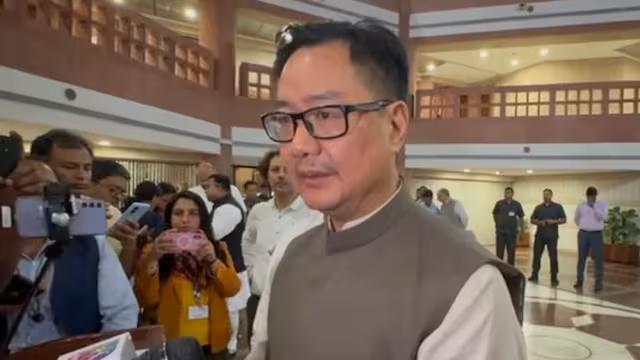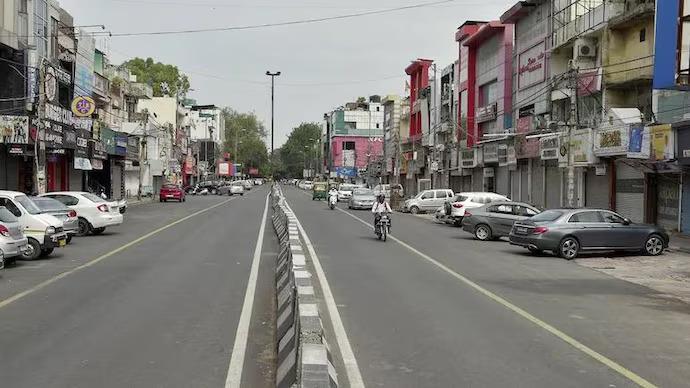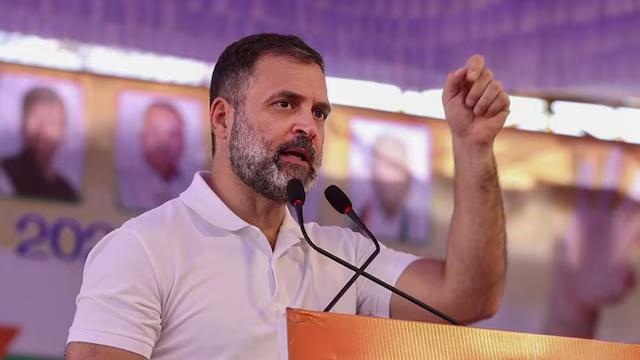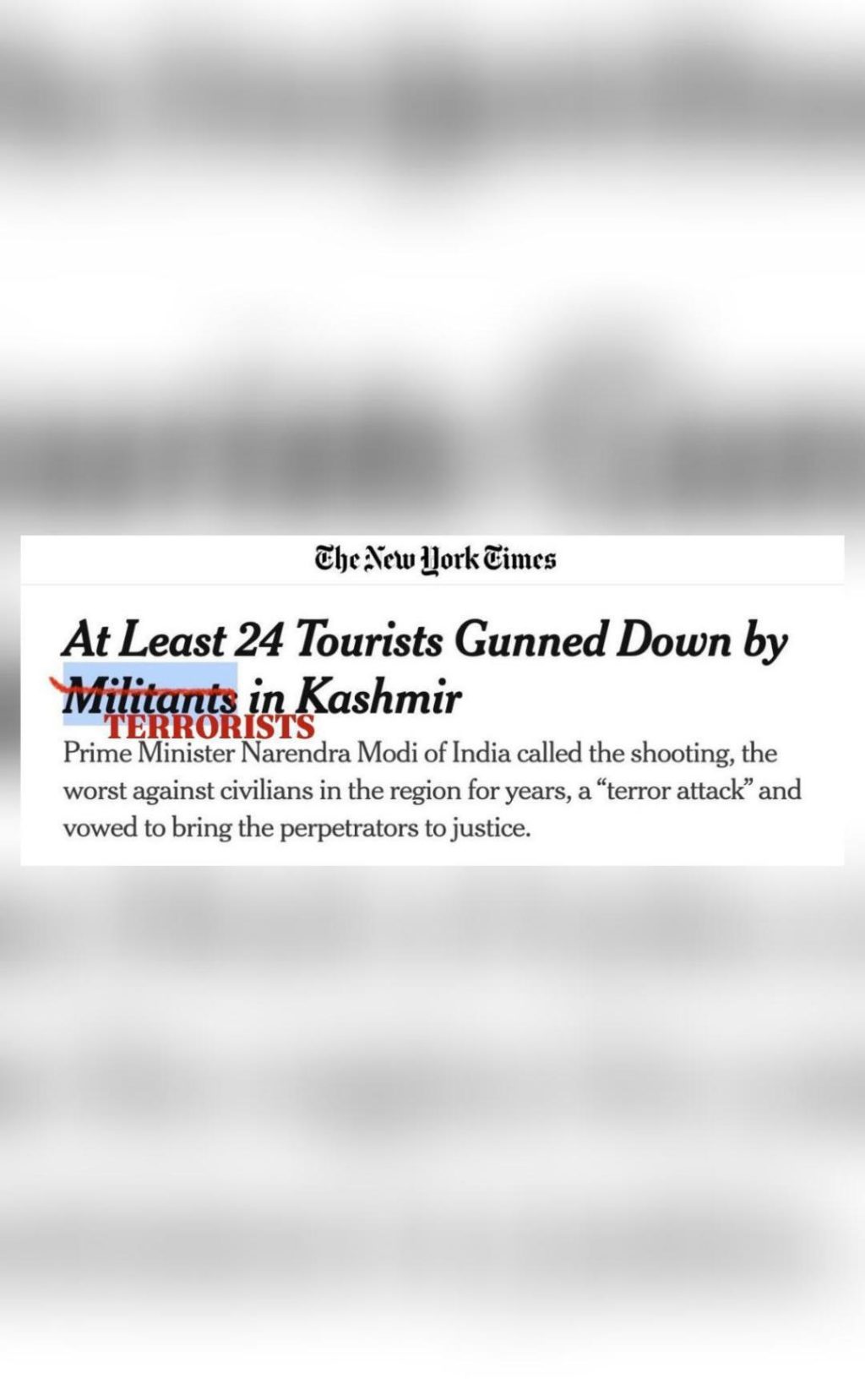
Hey NYT, fixed it for you: US committee after news portal calls J&K terrorists ‘militants’
In a recent post shared on Twitter, the US House Committee on Foreign Affairs took a subtle jab at the New York Times, after the news portal referred to the terrorists behind the attack in Jammu and Kashmir’s Pahalgam as “militants”. The committee’s post was met with widespread approval on social media, with many users praising the committee for standing up to what they see as the New York Times’ tendency to downplay or distort the reality of terrorist attacks, particularly when it comes to India and Israel.
The original article in question was likely published in response to a recent attack in Pahalgam, which is a popular tourist destination in Kashmir. The attack, which took place on October 11, resulted in the deaths of at least three civilians, and injured several others. The incident has been widely condemned by governments and civil society organizations around the world, with many calling for greater efforts to combat terrorism in the region.
The US House Committee on Foreign Affairs’ Twitter post, which has been viewed millions of times, read: “Hey NYT, we fixed it for you… This was a TERRORIST ATTACK plain and simple… Whether it’s India or Israel, when it comes to TERRORISM, NYT is removed from reality.” The post was accompanied by a screenshot of the New York Times article, which indeed referred to the attackers as “militants” rather than terrorists.
The committee’s decision to call out the New York Times has sparked a heated debate on social media, with many users weighing in on the issue. Some have praised the committee for standing up to what they see as the New York Times’ bias, while others have accused the committee of being overly partisan and trying to score political points.
However, the issue at hand is not about politics, but rather about the importance of accurately reporting on terrorist attacks. Terrorist attacks are, by definition, acts of violence perpetrated by individuals or groups who aim to instill fear and terror in others. They are often accompanied by political or ideological motivations, and can have far-reaching consequences for individuals, communities, and entire nations.
By referring to the attackers in Pahalgam as “militants” rather than terrorists, the New York Times is not only failing to accurately report on the incident, but is also potentially downplaying the severity of the attack and the motivations of the perpetrators. This kind of language can be seen as a form of subtle bias, and can have significant implications for how we understand and respond to terrorism.
The issue of bias in reporting on terrorism is not new, and has been the subject of much debate in recent years. Some have argued that the media’s tendency to use euphemistic language when reporting on terrorism can be seen as a form of apologism or excusing, and can undermine efforts to combat the phenomenon.
In the case of the New York Times’ article on the Pahalgam attack, the use of the term “militants” rather than “terrorists” is not just a matter of semantics. It is a reflection of a broader trend in which the media is often reluctant to use the term “terrorist” to describe attacks that are perpetrated by non-state actors, such as religious extremist groups or separatist movements.
This trend has been particularly pronounced in the case of India, where the media has been accused of downplaying or ignoring the threat posed by terrorist groups such as Lashkar-e-Taiba and Jaish-e-Mohammed. These groups have been responsible for a number of high-profile attacks in India, including the 2008 Mumbai attacks and the 2019 Pulwama attack, which resulted in the deaths of over 40 Indian security personnel.
The US House Committee on Foreign Affairs’ decision to call out the New York Times for its use of language is therefore not just about correcting a minor error, but is also about highlighting the importance of accurately reporting on terrorism and combating the phenomenon. By using language that is accurate and consistent, the media can play a crucial role in helping to build public support for efforts to combat terrorism, and in holding governments and other institutions accountable for their actions.
In conclusion, the US House Committee on Foreign Affairs’ post on Twitter is a welcome reminder of the importance of accurately reporting on terrorist attacks. By calling out the New York Times for its use of language, the committee is not only correcting a minor error, but is also highlighting the importance of using language that is accurate and consistent. As we continue to grapple with the complex and multifaceted issue of terrorism, it is more important than ever that we have a media that is willing to report accurately and consistently on these issues.
Source: https://x.com/HouseForeignGOP/status/1914843415793095043
